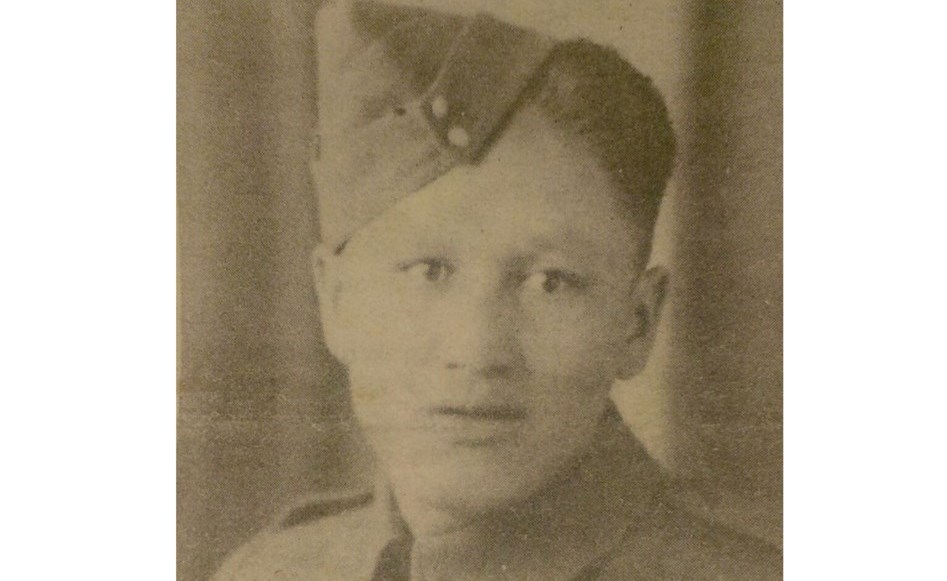Dick Patrick was a soldier from Sai’kuz who was awarded the Military Medal for bravery in the Second World War, but back home in Vanderhoof he was refused restaurant service because he was Indigenous.
On Indigenous Veterans Day, Murray Rankin, B.C.’s Minister of Indigenous Relations and Reconciliation, reflected on Patrick’s story.
"Today, we remember soldiers like Dominic 'Dick' Patrick, who was one among 15 Sai'kuz soldiers who volunteered for service in the Second World War. He joined at least 3,000 First Nations members, including 72 women, who enlisted for duty. Patrick's bravery at a battle in the village of Moerbrugge earned him the Military Medal for gallant and distinguished conduct,” said Rankin.
"Despite their service and valour, many Indigenous veterans, including Patrick, returned home to face continued prejudice and discrimination.”
Patrick, who also attended Lejac Residential school, enlisted when he was 22 years old and for much of his time in Europe he served with the 5th Canadian Anti‐Tank Regiment in the 4th Canadian (Armoured) Division.
In the battlefield and as a member of the military, Patrick and other Indigenous soldiers were treated with respect and as equals with non-Indigenous soldiers.
On October 23, 1945, Patrick was invited to Buckingham Palace and stood face to face with King George VI, who awarded him the Military Medal for gallant and distinguished conduct.
He earned his Military Medal thanks to a feat of bravery that helped Canadian forces dislodge key German defences as the Allies advanced east into Belgium after the Normandy landings.
Patrick ultimately ventured behind enemy lines, under very difficult conditions, and captured more than 50 soldiers and officers, single‐handedly.
However, when he returned home six months after he was awarded the medal, Patrick was once again faced with the racism from his upbringing.
In Vanderhoof, the closest town to Patrick’s home community, many businesses refused to serve First Nations people.
The Canadian Museum for Human Rights explains that Patrick walked into the Silver Grill Café, a restaurant that was widely known to refuse to serve Indigenous people, sat down and ordered a meal. When he was denied service, he refused to leave.
The proprietor called the police, who arrested Patrick and charged him with disturbing the peace.
That year, he was imprisoned 11 times for returning to that restaurant and repeatedly demanding fair and equal treatment. He is remembered by his family and community for his courage in fighting for Indigenous rights back home.
When he died in 1980, Patrick was buried in his home community of Saik’uz First Nation with full military honours.
The Canadian Museum for Human Rights says that although he received a well‐earned medal for his bravery as a soldier overseas, he received scant public recognition for his brave effort to fight for human rights back home in Canada.
“Indigenous veterans and their families have fought throughout every step of our shared history to receive the recognition and commemoration that they deserve. Today, we collectively recognize and remember more than 200 years of military service by Indigenous communities across the country,” said Rankin.
"I encourage all British Columbians to take a moment today to reflect and remember the contributions of Indigenous veterans and active service members.”



